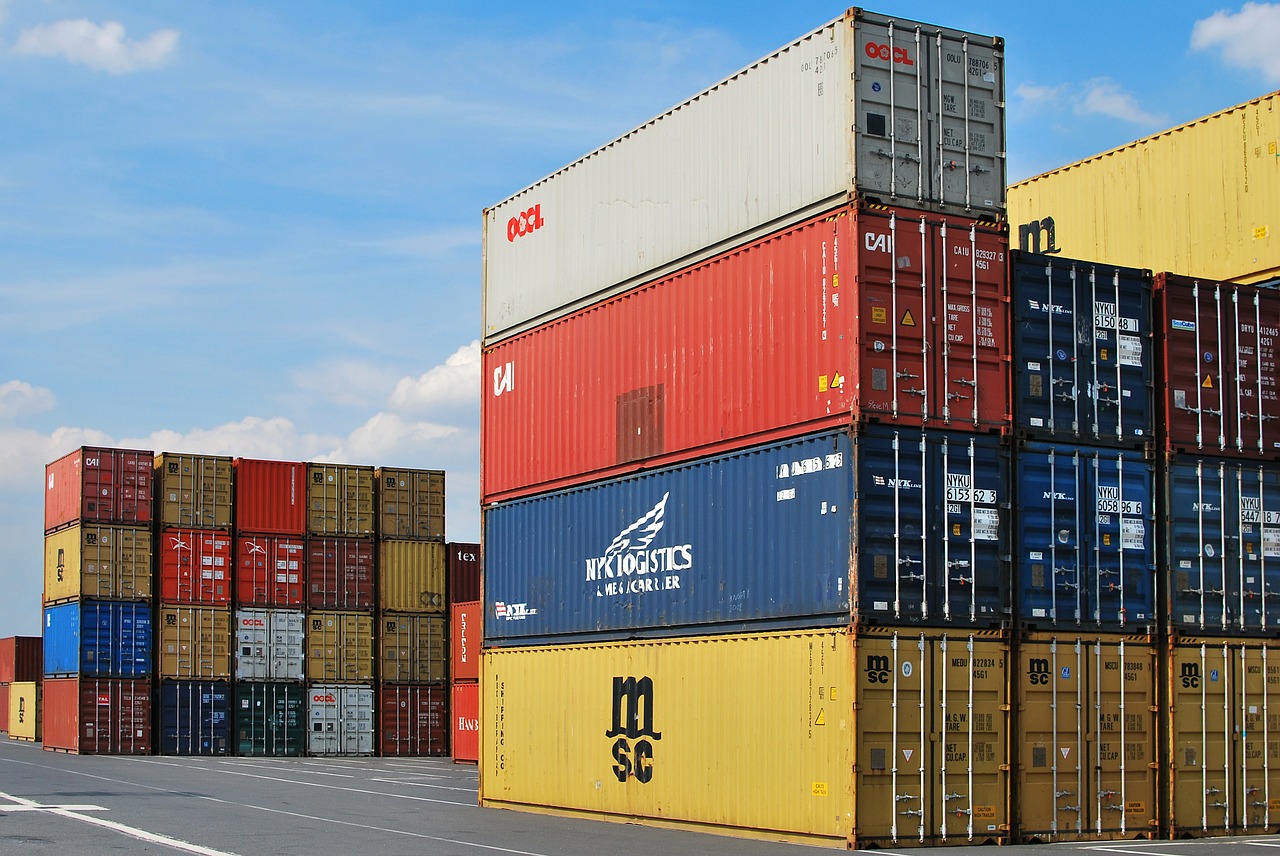 BLOCKCHAIN
BLOCKCHAIN
 BLOCKCHAIN
BLOCKCHAIN
 BLOCKCHAIN
BLOCKCHAIN
The Port of Rotterdam in the Netherlands today unveiled a new blockchain-based project that will make container handling safer and more efficient by automating the release of containers to drivers at the port.
As part of the pilot, the port will make use of distributed ledger blockchain technology to track and trace the unloading and release of containers using an application that automatically registers the pickup.
Currently, the port uses a system that requires the driver to input a personal identification number to authorize the pickup on behalf of a freight forwarder. The PIN code system requires that the code is transmitted through a number of intermediaries, which increases the risk of fraud or error.
Now, when a container authorization is made, a blockchain app uses a cryptographic token and records the transaction on the chain. The transaction is then shared through the distributed ledger between all parties – the port authority, the shipping company, freight forwarder and the transport firm – using the token provided to the driver as the point of truth.
The pilot will last three months and will consist of some of the largest stakeholders in the global maritime industry, including Ocean Network Express, CMA CGM S.A., Hapag-Lloyd AG, Mediterranean Shipping Company S.A. and Hutchison Ports.
“During this project, the different participants will be using a blockchain application that enables them to safely and efficiently organize the release procedure followed by the various parties in the chain,” said Emile Hoogsteden, director of commerce of the Port of Rotterdam Authority.
The Port of Rotterdam is the biggest and busiest port in Europe. The port handles 14.5 million 20-foot-equivalent units of cargo capacity a year. Every container moved through the port requires close cooperation between multiple parties, each of whom governs different portions of the container’s journey through the port.
Fraud and errors can occur during this process because authorization can be stolen or copied by unauthorized parties with access to the PIN code. Using the cryptographic token and a distributed blockchain, it will become much more difficult to fake or copy because it would have been recorded each step of the way and accessible by every actor in the supply chain.
“By taking advantage of new technologies, we can make our port operations smarter, swifter, more efficient and safer,” said Hoogsteden.
The token does not reveal any information about previous transactions, thus preventing unauthorized third-party access to confidential information. Individuals participating in the chain, however, can still audit the history of the token and follow the container’s authorization by following historical transactions involving the token to determine its path through the supply chain.
The Port of Rotterdam believes this pilot will allow operations to make the release process safer and more easily tracked for everyone involved in the process by removing a current potential point of failure.
THANK YOU